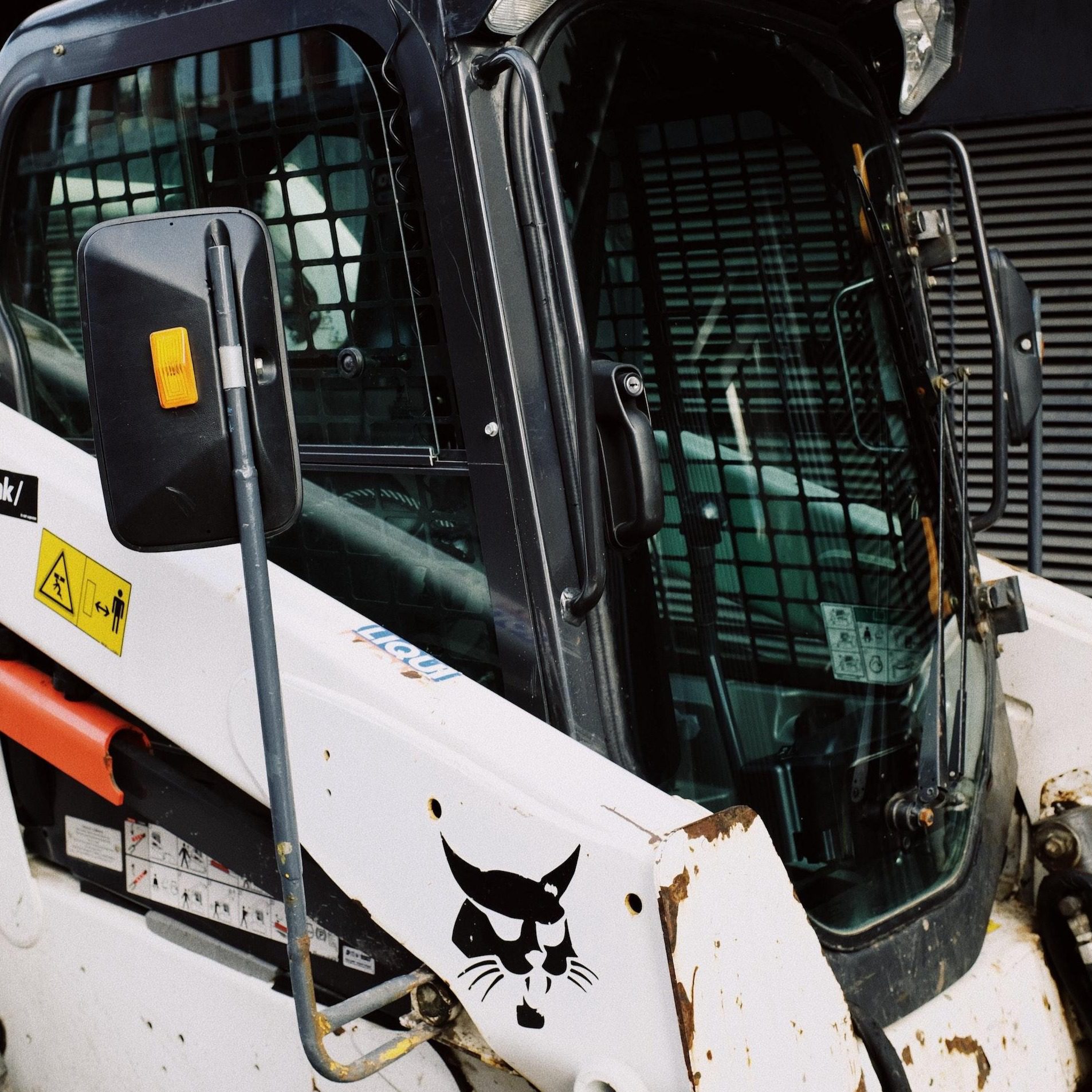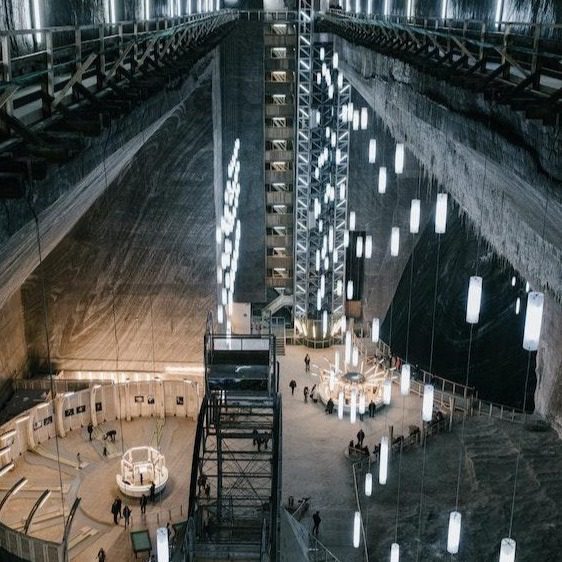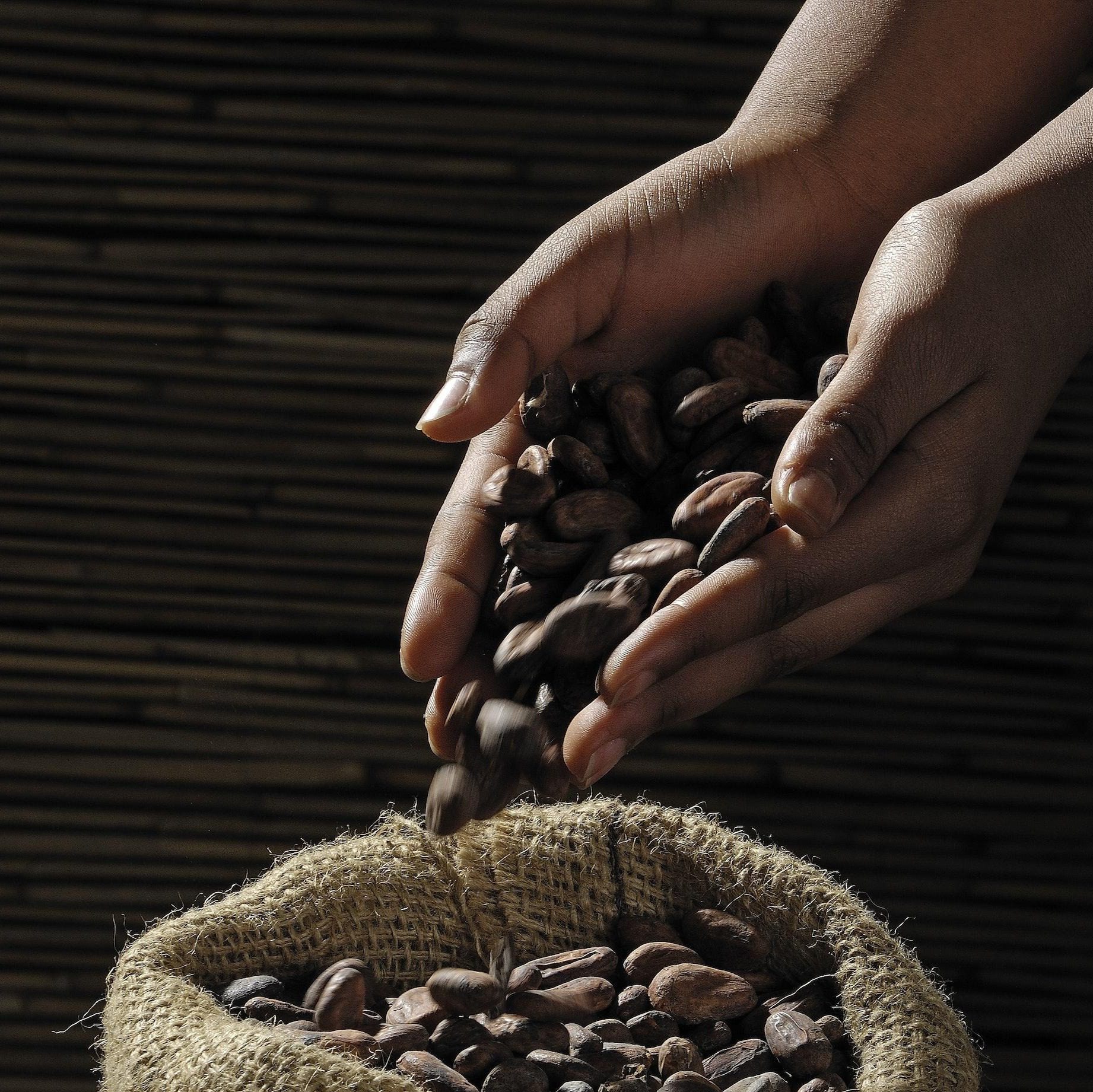NNPC STILL SOLE DANGOTE PETROL BUYER – MARKETERS
The Nigerian National Petroleum Company Limited is still the sole off-taker of Premium Motor Spirit, popularly called petrol, from the Dangote Petroleum Refinery despite the recent directive of the Federal Government that other oil marketers were free to start loading PMS from the plant. Oil marketers revealed on Wednesday that NNPC would continue to be sole off-taker of the product from the $20bn Lekki-based plant until its agreement with the Dangote refinery as regards the lifting of PMS terminates. They, however, did not tell when the agreement between both organizations would end. Officials of NNPC and the Dangote refinery also did not respond to enquiries on when the agreement would end. On October 11, 2024, the Federal Government in a statement from the finance ministry, announced that oil marketers were now free to negotiate purchase of petrol directly from the Dangote refinery without recourse to NNPC. “Moving forward, petroleum product marketers are now able to purchase PMS directly from local refineries without the intermediary role of NNPC. Marketers are encouraged to initiate direct purchases from refineries on mutually negotiated commercial terms, which will promote competition and improve market efficiency,” it stated in the statement. But after meeting with officials of the Dangote refinery on Tuesday, members of the Independent Petroleum Marketers Association of Nigeria revealed that NNPC was still the sole off-taker of Dangote petrol pending the termination of an agreement between Dangote and NNPC. In a notice to IPMAN members in the Western Zone, issued by the Zonal Chairman, South-West, Dele Tajudeen, the association said, “The IPMAN National Vice President, Zonal Chairman of Western Zone, IPMAN members, and PTD Zonal Chairman met with the Vice President of Dangote Group and many other notable staff members of the Dangote refinery yesterday, October 15, 2024.

NAIRA WEAKENS TO 1,705/$ AT PARALLEL MARKET
The value of the naira depreciated at the unofficial market on Wednesday as it traded at 1,705/dollar, according to Bureau De Change operators in Lagos and Abuja. A BDC operator in Lagos, Aliyu Sani, told The PUNCH that he sold dollars for N1705, and bought at 1,695/$. In Abuja, the rate was lower at N1,700. A currency trader, Suraju Ajao, said that he sold dollars for 1700/$ and bought at 1,690/$. On the Nigerian Autonomous Forex Exchange Market domiciled on the FMDQ Securities, the naira closed trading at 1659.69/$, indicating a 0.04 per cent depreciation from 1658.97/$ that it traded on Tuesday. On the official market, the naira traded at a high of 1,682/$ and a low of 1,562.97/$. The daily turnover dipped to $177.10 from $217.86m on Tuesday.The value of the naira reached a new low on Monday, closing at 1,700/dollar, a 0.29 per cent decline compared to N1,695 to the dollar, which it exchanged last week Friday. The World Bank has recently listed the naira as one of the worst-performing currencies in Sub-Saharan Africa in 2024 As of August, the local depreciated by approximately 43 per cent year-to-date, ranking it among the weakest currencies alongside the Ethiopian birr and the South Sudanese pound.
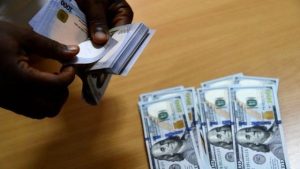
CBN, SEC SANCTION 10 BANKS FOR FOREX VIOLATIONS
Regulatory agencies responsible for overseeing the activities of Deposit Money Banks in Nigeria have sanctioned 10 banks for violations of foreign exchange guidelines and other regulatory offences. These agencies, including the Central Bank of Nigeria and the Securities and Exchange Commission, imposed fines totalling N1.502bn as penalties within the first six months of 2024. These contraventions highlight the ongoing challenges faced by financial institutions in adhering to compliance standards set by regulatory authorities. The banks penalized include First City Monument Bank of Nigeria, Access Bank, Stanbic IBTC, Zenith, United Bank of Africa, Guaranty Trust Bank, Sterling Bank, Fidelity, First Bank and VFD Bank. An analysis of each bank’s financial statement for the period ending June 30, 2024, filed with the Nigeria Exchange showed the amount paid to the Central Bank of Nigeria and the Securities Exchange Commission. The report showed that Zenith Bank paid the highest fine of N427m within the review period. Access Bank followed this with a payment of N300m, UBA paid the third highest amount of N279m to regulatory authorities while Stanbic Bank paid a sum of N229m for contraventions. Other banks, including GTB, paid N188m; Fidelity paid N30.11m; FCMB paid N24.15m; Sterling paid N9m; First Bank paid N8m; and VFD paid N8.1m. Recently, there have been serious concerns about the financial operations of banks with some civil society organizations alleging that the activities of a tier-one Bank are shrouded in secrecy. The President of Arewa Consultative Movement, Alhaji Yusuf Kabir, signed a petition demanding a forensic audit of the bank’s financial statement which hit a historic profit in the sector.
NIGERIA’S HIGH INTEREST RATE WILL STAY FOR LONG — W’BANK
The World Bank has said that Nigeria, Angola and Sierra Leone, with double-digit inflation and weakened domestic currencies, will maintain a high interest rate for a long period and may even increase it. The bank said that in its latest Africa’s Pulse report, where it focused on how the inflation outlook varied across countries on the continent. On Tuesday, the National Bureau of Statistics announced that the country’s inflation for September had accelerated to 32.70 after two consecutive months of decline, on the back of high fuel prices, which eroded the impact of the harvest season on food prices. At the last Monetary Policy Committee of the Central Bank of Nigeria, the benchmark interest rate was hiked by 50 basis points to 27.25 per cent in a bid to rein in inflation. In the Africa Pulse, the World Bank said that, unlike some other African countries that are already cutting the benchmark rate or holding it, the Central Banks of Nigeria, Angola and Sierra Leone would be considering the higher-for-longer approach. “Central banks in countries that still have double-digit inflation and weakened domestic currencies (such as Angola, Nigeria, and Sierra Leone) will keep monetary policy rates higher for longer and, in fewer cases, they may increase their policy rates—particularly in countries where inflation rates still have not peaked. “Broadly, currency weakness, slow fiscal adjustment, and cost pressures are among the factors driving these countries to keep a tighter stance for a longer period. For instance, Ethiopia, Ghana, and Nigeria are among the worst performing in Africa this year, and their currencies continue weakening while demand for foreign exchange remains pressing,” the World Bank report said. It also indicated that measures to mitigate social unrest associated with the high cost of living in Angola (doubling of the minimum wage) and Nigeria (partially reinstating fuel subsidies) are putting pressure on public finances. Already, the Bretton Woods organization has disclosed that the naira was among the worst-performing currencies in Sub-Saharan Africa in 2024.
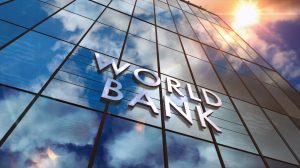
EQUITY MARKET SUSTAINS DECLINE WITH N128BN LOSS
The bearish trading pattern continued on the Nigerian Exchange Limited on Thursday, as investors lost N128bn. The local bourse has dipped in two consecutive sessions after recording two gains in a row. The All-Share Index and the market capitalization dipped by 0.21 per cent to close at 98,081.38 and N59.43tn, respectively. Similarly, the number of deals, volume of trade and value of trades also declined to 7,318, 239,308,707 and N6.41bn, respectively. The market sentiment was positive as reflected in 29 gainers and 16 losers with Golden Guinea Brewery leading the gainers’ chart with a 10 per cent gain to close at N3.74, It was followed by Deap Capital Management & Trust, whose shares appreciated by 9.85 per cent to N1.45 and TransCorp Power gained 9.68 per cent to close at N330.90. Transcorp Power recently released its third quarter report where it grew revenue by 153 per cent to N223.6bn from N88.4bn in Q3 2023. Its profit before tax for the period surged by 198 per cent, to N81.1bn, compared to N27.3bn in the same period in the previous year. On the losers’ chart were newly listed Aradel Holdings shares, which shed 10 per cent to settle at N694.80. Aradel Holdings was listed at N702.69 per share through a ‘Listing by Introduction’ on Monday. Also, on the losers’ chart were Regency Assurance which depreciated by 8.82 per cent to N0.62 and Daar Communications lost 6.78 per cent to close trading at N0.55. Banking stocks dominated the trades with Sterling Financial Holding company trading 42,786,982 worth of shares valued at N213.02m, 20,054,095 units of Zenith Bank’s shares traded at N751.82m and 19,631,545 units of Guaranty Trust Holding Company Plc worth over N1tn were traded.
- CAPITALDIGEST MARKET REVIEW, 09/02/2026February 9, 2026
- CAPITALDIGEST DAILYNEWS, 09/02/2026February 9, 2026
- CAPITALDIGEST MARKET REVIEW, 02/02/2026February 2, 2026
Enter your email address for receiving valuable newsletters.
- CAPITALDIGEST MARKET REVIEW, 09/02/2026U.S. DOLLAR REBOUND TO BE CUT SHORT BY RATE CUT BETS, DOUBTS OVER FED INDEPENDENCE:...February 9, 2026
- CAPITALDIGEST DAILYNEWS, 09/02/2026TAXES, FUEL HIKE SLOW BUSINESS GROWTH IN JANUARY – NESG REPORT The report showed that...February 9, 2026
- CAPITALDIGEST MARKET REVIEW, 02/02/2026DOLLAR WEAKENS ACROSS THE BOARD AS YEN CLIMBS ON INTERVENTION RISK The dollar moved sharply...February 2, 2026


